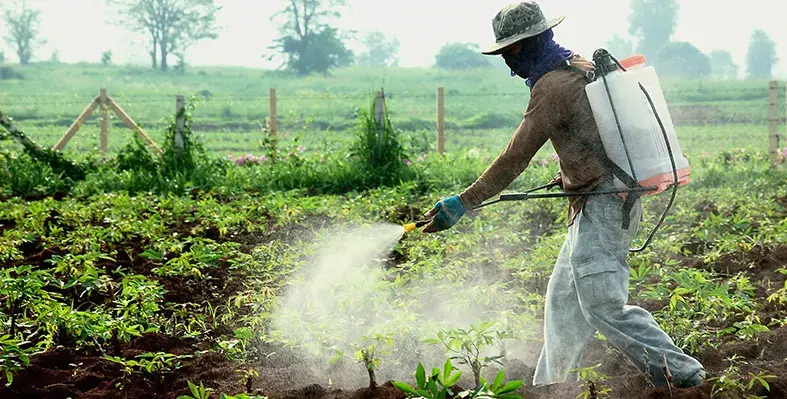Indonesia has entered a significant new phase in its industrial development as Pupuk Indonesia Group through its subsidiaries PT Pupuk Kalimantan Timur (Pupuk Kaltim) and PT Rekayasa Industri (Rekind) has officially launched the construction of the country’s first-ever soda ash factory.
This milestone, celebrated with a groundbreaking ceremony and the installation of the first pile at the Kaltim Industrial Estate (KIE) in Bontang, East Kalimantan, marks a major step forward for the national fertiliser and petrochemical industry.
Senior figures including the Senior Director of Business Performance & Asset Optimization at Danantara Asset Management, Bhimo Aryanto, senior leaders from Pupuk Indonesia and Pupuk Kaltim, as well as representatives from both the East Kalimantan Provincial Government and the City of Bontang, were present to witness the start of this strategic project.
Pupuk Indonesia President & Director Rahmad Pribadi described the development as a historic progression in the long-standing evolution of Indonesia’s chemical and fertiliser sectors, which date back to 1959. He emphasised that the project is not only part of strengthening the nation’s industrial self-sufficiency but also demonstrates a clear commitment to downstreaming and achieving a low-emission, sustainable industrial transformation.
He highlighted that the initiative aligns closely with the Asta Cita vision of President Prabowo Subianto and Vice President Gibran Rakabuming Raka. By utilising carbon dioxide (CO₂) generated as a by-product of existing ammonia production, the plant will manufacture soda ash—an essential input for industries such as glass, ceramics, detergent, pulp and paper, food processing, and more.
Once operational, the factory is expected to produce 300,000 metric tonnes of soda ash each year, covering roughly 30% of domestic demand and significantly reducing reliance on imports. This shift could save up to IDR 1 trillion annually in foreign exchange from soda ash alone, alongside around IDR 250 billion from ammonium chloride import substitution, another valuable by-product of the process.
Pupuk Kaltim President & Managing Director Gusrizal reinforced the importance of the project in supporting national downstreaming priorities and enhancing the resilience of Indonesia’s chemical industry. He noted that the development forms a crucial part of the company’s wider business transformation, aiming to diversify into more efficient and environmentally responsible chemical ventures.
“This project is part of Pupuk Kaltim’s commitment to implementing ESG principles and a circular economy, where CO₂ emissions from the existing plant are reused as the main raw material for soda ash production. We will ensure that the entire construction process is carried out with the highest safety and quality standards, as a manifestation of our responsibility to provide an efficient, safe, and competitive industry,” said Gusrizal.
The plant is projected to absorb around 174,000 tonnes of CO₂ annually, directly supporting Indonesia’s 2060 Net Zero Emission (NZE) target. Its circular-economy approach turns emissions into high-value products while strengthening domestic supply chains. The ammonium chloride generated can also be used as fertiliser, reinforcing national food security.
Economically, the facility is anticipated to stimulate both regional and national growth by creating jobs, empowering local MSMEs, and supporting industries involved in supplying inputs such as industrial salt.
Danantara Asset Management’s Bhimo Aryanto expressed his strong support for the initiative, emphasising its broader national significance. “Pupuk Indonesia Group continues to innovate in developing efficient, low – emission, and sustainable industries. This project not only creates an industry but also optimizes existing resources and significantly reduces industrial waste. We want this plant to become a new benchmark for Indonesia’s green chemical industry,” he said.
For Pupuk Indonesia Group, the soda ash plant signals a renewed commitment to national industrial resilience, food security, and long-term economic sovereignty. With a focus on innovation and downstream growth, the Group aims to strengthen Indonesia’s competitiveness through sustainable, future-ready industrial development.




